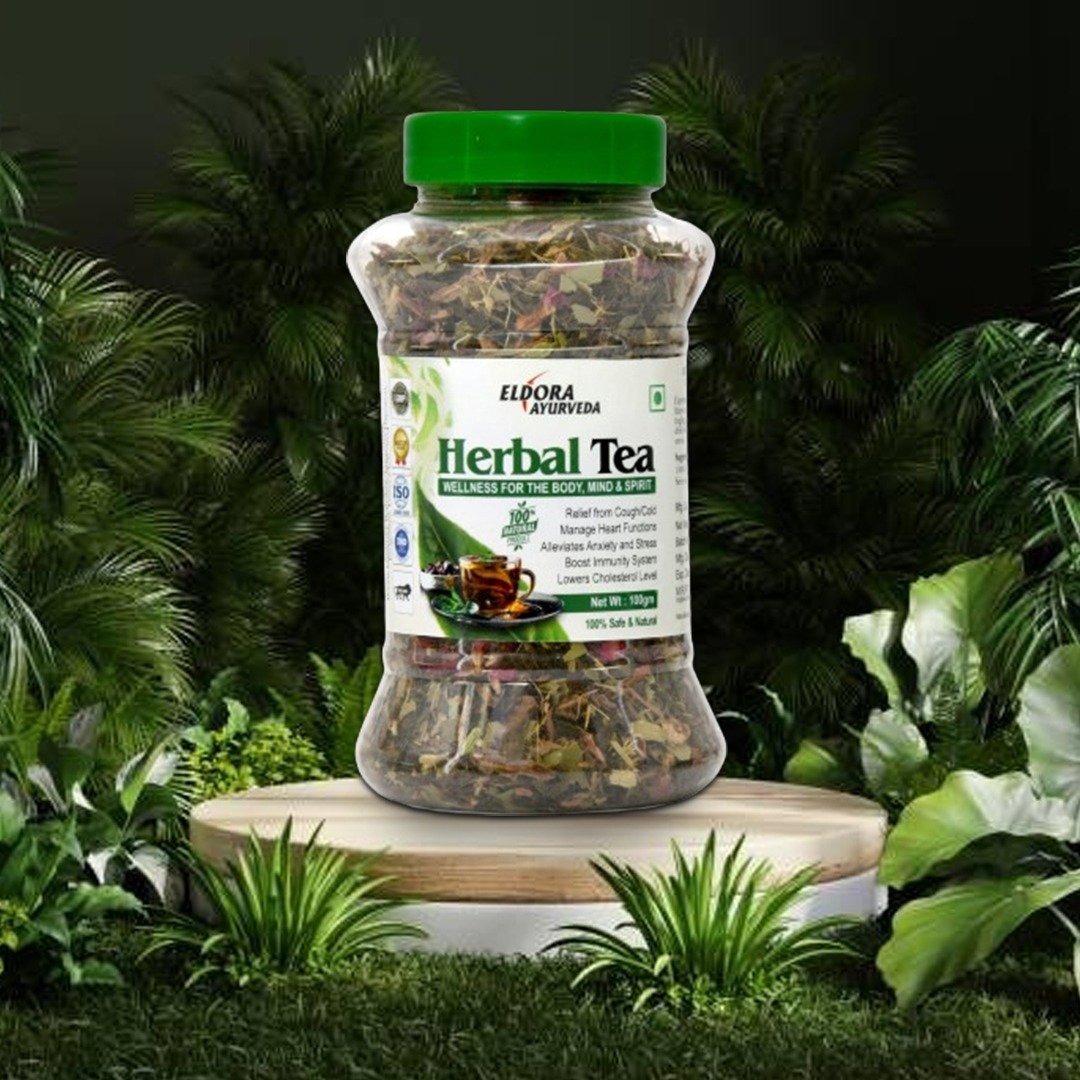Blog
How to Choose the Right Herbal Tea for You

Introduction
Herbal teas have been enjoyed for centuries for their health benefits and soothing properties. With a vast array of options available, selecting the right herbal tea can feel overwhelming. Whether you’re seeking to improve digestion, boost immunity, reduce stress, or simply enjoy a flavorful beverage, there’s an herbal tea for you. This article will guide you through the process of choosing the right herbal tea to suit your needs and preferences.
Understanding Your Needs
The first step in selecting the right herbal tea is understanding your specific needs. Different herbal teas offer various benefits, so it’s essential to identify what you’re looking for. Here are some common reasons people choose herbal teas:
- Digestive Health: Peppermint and ginger teas are well-known for their digestive benefits. They can help alleviate symptoms of indigestion, bloating, and nausea.
- Relaxation and Stress Relief: Chamomile, lavender, and lemon balm teas are popular choices for their calming effects, making them ideal for winding down after a long day.
- Immune Support: Echinacea, elderberry, and rooibos teas can boost your immune system, helping to fend off colds and infections.
- Detoxification: Dandelion root and milk thistle teas are often used for their detoxifying properties, supporting liver health and aiding in the removal of toxins from the body.
- Energy and Focus: Ginseng and yerba mate teas can provide a natural energy boost and enhance mental clarity without the jitters associated with caffeine.

Flavor Preferences
While health benefits are crucial, flavor preferences also play a significant role in your choice of herbal tea. Some teas have strong, distinctive flavors, while others are more subtle. Here are a few examples:
- Floral: Chamomile, lavender, and hibiscus teas offer delicate, floral notes that are often soothing and aromatic.
- Minty: Peppermint and spearmint teas provide a refreshing, cool taste that can be invigorating.
- Spicy: Ginger and turmeric teas have a warming, spicy flavor that can be both stimulating and comforting.
- Earthy: Teas like rooibos and dandelion root have a rich, earthy flavor that can be grounding and robust.
Experimenting with different flavors can help you discover what you enjoy most. Many tea brands offer sampler packs, allowing you to try a variety of flavors before committing to a larger quantity.
Quality Matters
When it comes to herbal teas, quality is paramount. High-quality teas not only taste better but also retain more of their beneficial properties. Here are some tips for selecting high-quality herbal teas:
- Organic: Opt for organic teas whenever possible. Organic teas are grown without synthetic pesticides or fertilizers, which means they are healthier for you and the environment.
- Loose Leaf vs. Tea Bags: While tea bags are convenient, loose-leaf teas are often of higher quality. Loose-leaf teas typically contain whole leaves, flowers, or roots, preserving more of the tea’s natural oils and flavors.
- Reputable Brands: Choose teas from reputable brands known for their quality and transparency. Research brands that provide information about their sourcing and production practices.
Consider Health Conditions and Medications
Before incorporating herbal teas into your routine, it’s important to consider any existing health conditions or medications you’re taking. Some herbs can interact with medications or exacerbate certain health issues. For example:
- Blood Pressure: If you have high blood pressure, avoid teas that contain licorice root, as it can raise blood pressure.
- Pregnancy: Pregnant women should consult their healthcare provider before drinking herbal teas, as some herbs, such as nettle and raspberry leaf, are considered safe, while others, like licorice and sage, should be avoided.
- Allergies: If you have allergies, be cautious with herbal teas, especially those made from plants related to your allergens. For instance, individuals with ragweed allergies might react to chamomile tea.
Brewing the Perfect Cup
To fully enjoy the benefits and flavors of herbal tea, proper brewing is essential. Here are some general guidelines:
- Water Temperature: Unlike black or green teas, which require specific water temperatures, herbal teas are generally more forgiving. Boiling water is usually appropriate, but some delicate herbs may benefit from slightly cooler water.
- Steeping Time: Herbal teas typically require a longer steeping time than traditional teas. Most herbal teas benefit from steeping for 5-10 minutes to fully release their flavors and beneficial compounds.
- Cover Your Cup: When steeping herbal tea, cover your cup with a lid or saucer to prevent the aromatic oils from escaping, ensuring you get the most out of your tea.

Conclusion
Choosing the right herbal tea involves understanding your health needs, flavor preferences, and ensuring the quality of the tea. By considering these factors and being mindful of any health conditions or medications, you can find the perfect herbal tea to enhance your well-being and enjoy a delicious, soothing beverage. Whether you seek relaxation, digestive support, immune boosting, or simply a flavorful treat, there’s an herbal tea that’s just right for you.
